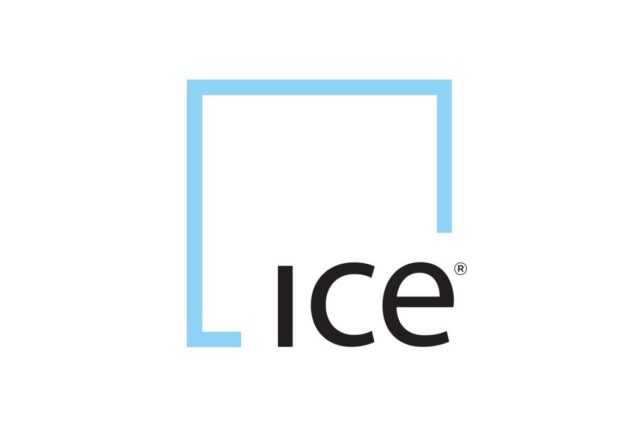MILAN – It was a softer week for the coffee futures markets, with both terminals closing lower on Friday, 27 December. Ice Arabica main contract lost 200 points, to settle at 1-1/2 week low of 322.65 cents. Coffee futures for March delivery in London dropped $88, ending the day at $4953, its lowest level in three weeks. Volumes were limited, as usual during the Christmas week.
Prices were pressured by a stronger dollar and the improved situation on certified stocks, which climbed to a 2-1/2 year high in New York and reached a 2-1/2 month high in London.
In other news, the new COT (Commitment of Traders), updated on 25 December, will be released later today, 30 December, in both markets.
The Brazilian currency has lost almost 9% against the dollar since the beginning of December.
The weak real generally encourages sales by Brazilian producers in international markets. In Vietnam, meanwhile, harvesting operations continue to be hampered by rain.
According to a local exporter, the wet and rainy weather is set to continue into the turn of the year.
Record prices were recorded this year in the Brazilian domestic market.
The CEPEA/ESALQ Index for Robusta coffee reached its highest levels in the Institute’s historical series, rising from 740 reais/bag in December 2023 to 1,800 reais/bag in December this year.
Not to be outdone was the Arabica indicator, which reached its highest level since 1997. In late winter, the Robusta indicator even surpassed the Arabica indicator.
During September, the average of the CEPEA/ESALQ Index for the Robusta type 6, screen 13, Espírito Santo, was higher than that observed for the CEPEA/ESALQ Index for Arabica coffee type 6, delivered to São Paulo city.
Cepea data indicate that the monthly average for Robusta quotations in September was 24.72 Reais per 60-kg bag above Arabica prices.
Although Robusta values had operated above Arabica prices in August and in September this year and in some moments between October 2016 and January 2017, this was the first time that the monthly price average was higher than Arabica quotations, said Cepea in a report.
The booming Brazilian exports of Robusta coffee contributed to this surge, in the face of strong global demand for this variety and declining production by some key producers, starting with Vietnam.
Further boosting Brazilian Robusta exports to Europe were the attacks on ships in the Red Sea, which discouraged routes through this key communication route.

















